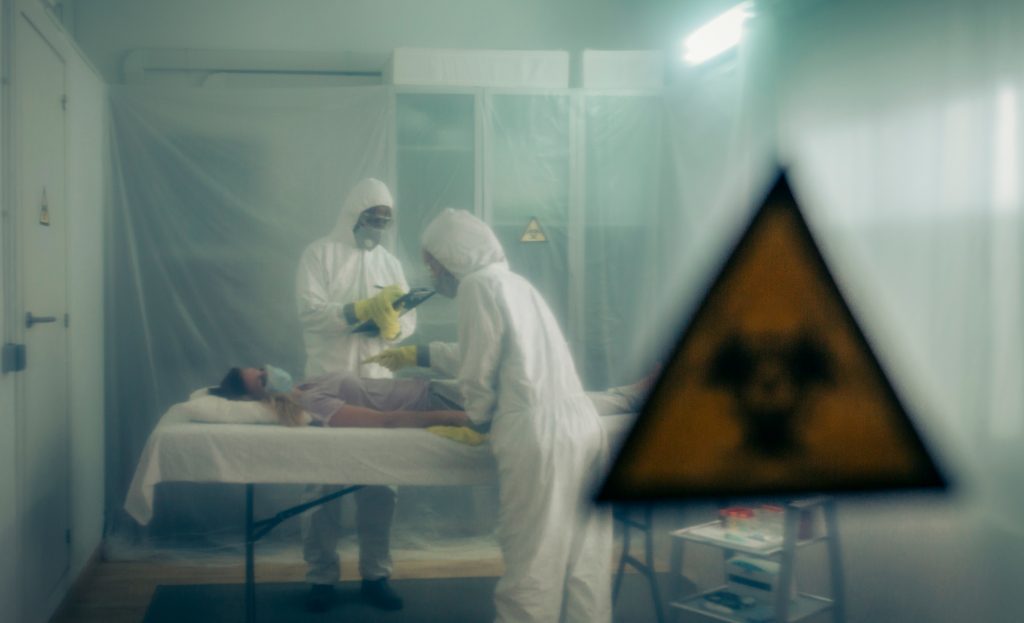The World Health Organization declared the outbreak a global emergency on January 30 after the number of confirmed cases spiked. More than 9,500 people had then been diagnosed with 2019-nCoV worldwide and at least 170 people had died in China as a result of the virus: that figure has since risen to 259.
Two cases have so far been confirmed in the UK, although a planeload of UK citizens has been flown back from Wuhan and put into isolation in a residential block in Arrowe Park Hospital – even though they have exhibited no symptoms of the illness.
Medical opinion differs on the threat posed by the virus which appears to be more contagious but less lethal than the SARS virus in 2003. It appears that the people who have died have either been health workers or people with pre-existing health problems: but information is only gradually emerging and the threat could turn out to be much worse.
While people exhibiting the flu-like symptoms of the virus, which is related to the common cold, are advised to stay isolated and phone NHS 111 for advice rather then come to hospital, there is the danger that as papers like the Daily Mail whip up concerns among their readers some may decide to seek help from hospital A&E departments.
Long delays and crowding in many A&Es could prove a means to pass on the virus to significant numbers of patients, some of whom will already be in a vulnerable state. The Wall Street Journal, warning of a similar potential threat in US emergency rooms, points back to the lessons from the SARS outbreak in Canada:
“A Toronto man, whose mother had come from Hong Kong two weeks earlier, went to the hospital with feverish symptoms. For 16 hours he was kept in a packed emergency department.
“His virus infected the man in the adjacent bed, who had come to the ER with heart problems, and another man three beds away with shortness of breath.
“Those two other men went home within hours but were later rushed back to the hospital, where they spread the virus to paramedics, ER staff, other ER visitors, a housekeeper working in the ER, a physician, two hospital technologists and, later, staff and patients in the critical-care units.”
We clearly don’t want that type of thing happening again in Britain: so trying to avoid panic reactions and keeping a close watch on all A&E patients as they wait could be vital.
Dear Reader,
If you like our content please support our campaigning journalism to protect health care for all.
Our goal is to inform people, hold our politicians to account and help to build change through evidence based ideas.
Everyone should have access to comprehensive healthcare, but our NHS needs support. You can help us to continue to counter bad policy, battle neglect of the NHS and correct dangerous mis-infomation.
Supporters of the NHS are crucial in sustaining our health service and with your help we will be able to engage more people in securing its future.
Please donate to help support our campaigning NHS research and journalism.


